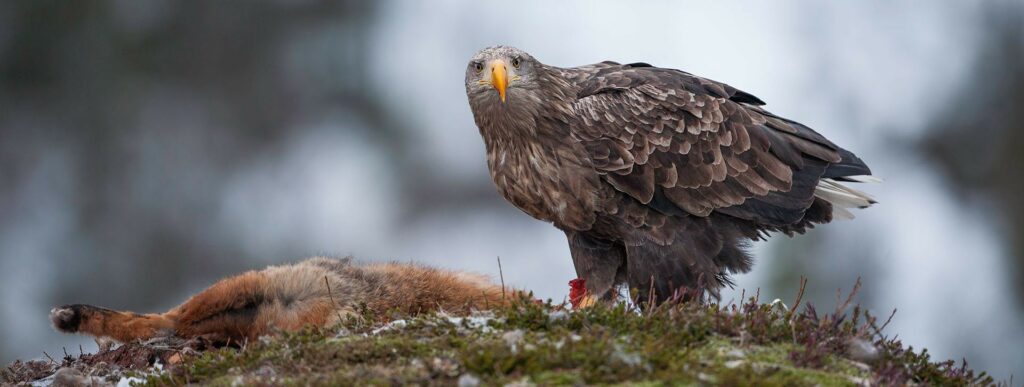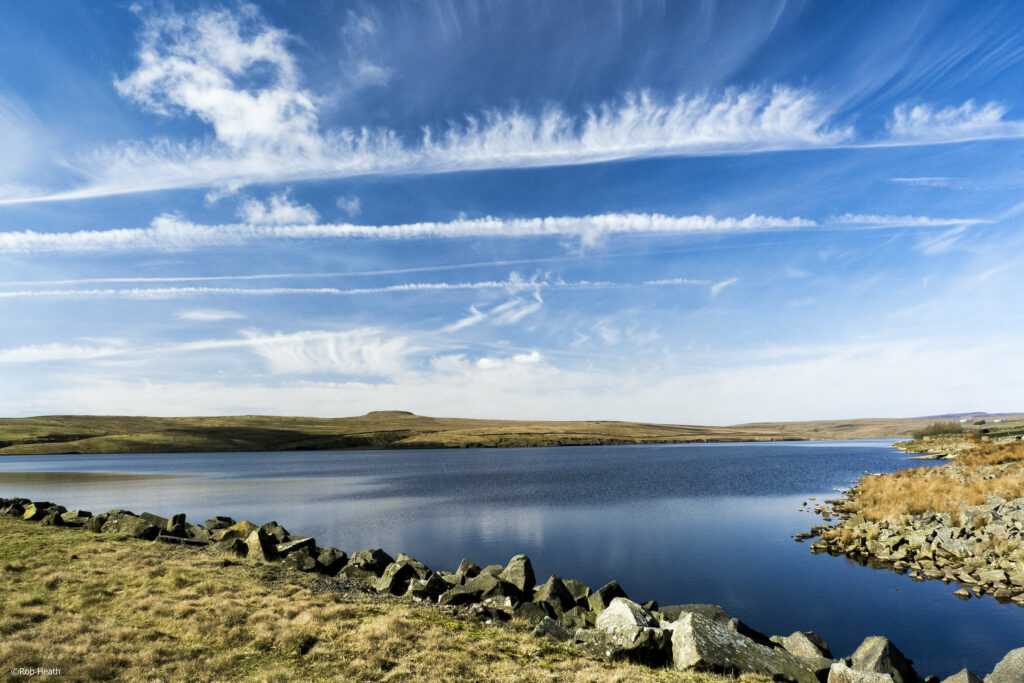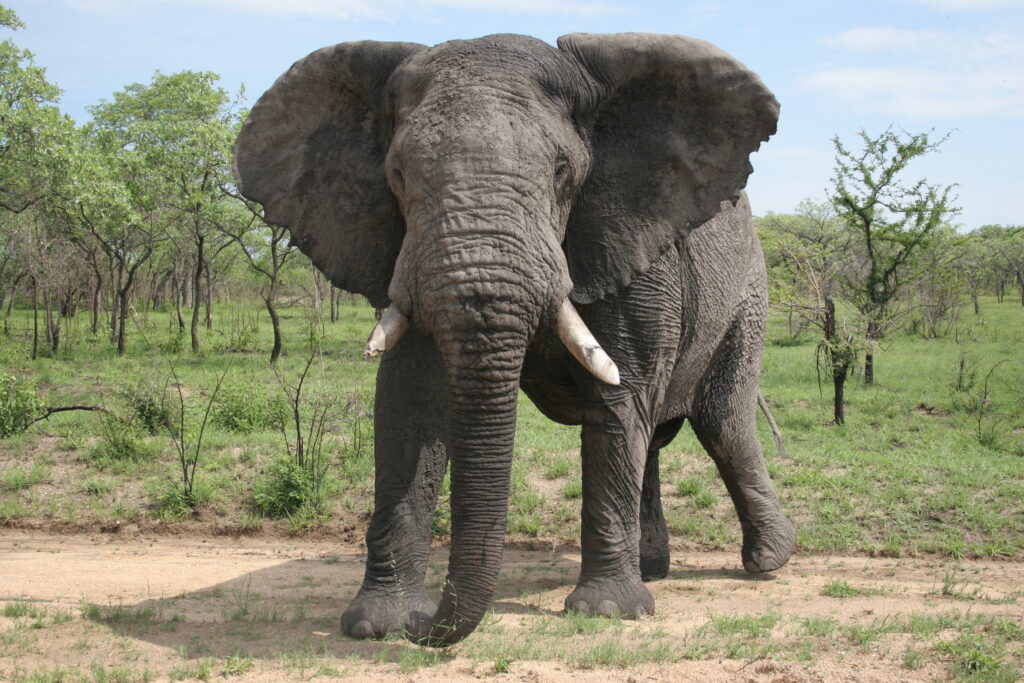Conservation
A small group of White-tailed Eagles are to be reintroduced in Exmoor National Park. A project by the Roy Dennis Wildlife Foundation and Forestry England has been working to reintroduce the species since 2019. Focusing on the south of England, the project has been releasing eagles to the Isle of Wight, with 37 birds released so far throughout the project. Exmoor, a region in which this species has bred historically, has been identified as key habitat for White-tailed Eagles due to suitable prey abundance and a long stretch of coastal woodland and moorland. The project plans to reinforce English populations with a small cohort of up to twenty birds, which will be released over a three-year period on Exmoor.

Environment
The conservation group Alliance for Wales’ Rainforests (AWR) are urging the Welsh government to take urgent action to safeguard Celtic, or temperate, rainforests. The AWR is a collaboration between several conservation organisations including Plantlife, Wildlife Trusts Wales and Coed Cadw, which released a report on the state of Wales’ rainforests – the report revealed that these valuable landscapes are in generally poor condition, with invasive species and significant environmental pressures, such as intensive grazing or air pollution. With over 1,900,000 acres of temperate rainforest in Wales, and only one tenth of this area designated, the group have emphasised that action is needed from the Welsh government to protect the diversity and value of these ecosystems.
Cranberry farmers are restoring defunct bogs to wetlands in Massachusetts. Several restoration projects have been awarded $6 million in grants provided by New England’s Department of Fish and Game Division of Ecological Restoration (DER) to restore wildlife habitat and improve water quality. The funding will be used to convert disused bogs into wetlands and streams to improve environmental resilience, halt erosion and enhance carbon sequestration. So far, 400 acres have been converted, with hopes to restore an additional 1,000 acres over the next ten years.
Policy
Defra cuts pose a threat to Britain’s national landscapes. Defra spending is to be cut by 2% over the next financial year, which could have harmful ramifications for the National Landscapes team who manage 46 regions previously known as Areas of Outstanding National Beauty, including the Chilterns, the Cotswold’s and the Wye Valley. The team is expecting a 12% funding cut, placing significant pressure on an already underfunded and vital service in the fight against climate change. The National Landscapes Chief has warned that these valuable areas could become ‘paper parks’ without adequate funding, and some areas could face a 20% reduction in core services.

COP29 concluded on 22nd November. This year’s negotiations saw heavy criticism, with several headlining stories:
- Developing nations were dissatisfied with $300bn in climate finance, with many stressing that the sum is not sufficient to address the challenges that developing countries face.
- Azerbaijan’s president, Ilham Aliyev, described fossil fuels as a ‘gift from God’ in an opening speech, sparking debate about the way host countries are selected – Azerbaijan follows authoritarian states Egypt and the United Arab Emirates as COP hosts.
- Senior climate leaders have written an open letter to the UN, claiming the conference was no longer fit for purpose.
- China is emerging as the next climate leader and was praised for increased transparency about its financial support for developing countries
The UK has joined a coalition to phase out fossil fuel subsidies. Joined by 16 other countries, including Colombia, Canada and New Zealand, the coalition aims to develop national strategy, remove barriers and facilitate open communication to stop subsidies for oil and gas exploration and production. Thought to be a key step for the UK to reach its wider commitments, the coalition will facilitate the UK’s vision in establishing itself as a clean energy superpower.
Climate Crisis
A new study has provided an answer to a flurry of elephant deaths. Over 350 elephants, ranging from calves to mature adults, died under mysterious circumstances in Botswana in 2020. A new study using satellite data has suggested that toxic algal blooms of cyanobacteria may be behind these mass die-offs, poisoning the drinking water available to these animals. This research adds to the growing evidence that climate change will have lethal impacts on wildlife as it accelerates – climate-induced disease and mass mortalities are suggested to increase in frequency and severity over the coming years.


